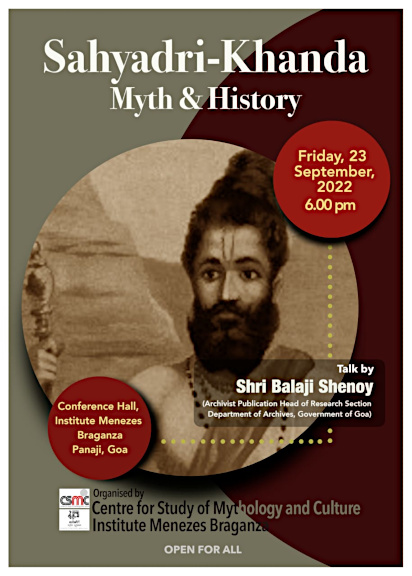
We all gathered around my sister to listen to her holiday experiences from Sikkim and Gangtok- northeastern town of India, sharing border with China. Suddenly, in an animated tone she said “ Oh I must tell you the story of Harbhajan baba ! A soldier who mans the Indo China border.” We all bust in smiles “ What’s the deal sis? Isn’t a soldier supposed to patrol the border?”
“Yes. But he is dead long ago!” she said in a bit of huff. Now it was our turn to feel alarmed. “You mean a dead soldier patrolling the border?” “Yes and trust me there is a shrine for him. We visited the shrine on our way to Nathula Pass and paid our homage. ” We all huddled around her for the full version of Harbhajanbaba’s legend.
Harbhajan Singh was an ordinary sepoy in Indian army in mid 60s posted on Sino-Indian border near Nathula pass. One day as he was escorting a caravan of mules from one post to other he got swept away in the flowing stream. For two days Indian army carried out a search for his body but they failed to find it. Few days later, one of the colleague of Harabhan Singh dreamt of Harbhajan , telling him how he died and where to find his body. He also told him he is still doing his border patrolling duty. His dear friend just felt that he is too grief stricken by his friend’s death and probably his dream is a result of anxiety and sadness he felt so ignored the dream. Few days later he dreamt again the same dream where Harbhajan gave a detailed instructions of the place where his body was lying and asked him to build a Samadhi for him. This time his colleague reported it to his senior and an army search party was deputed to carry out a manhunt for his body. To the surprise of all, body was found exactly in the same place as described by Harbhajan in the dream. A Samadhi was built as per Harabhajan’s wishes.
Few days later Indian Jawans patrolling the Sino -Indian border saw a lone soldier in Indian army uniform riding on a horse patrolling the border. The man did not belong to their regiment. Meanwhile Chinese post too from other side of the border confirmed the sighting of a lone soldier riding a horse. It was believed that Harbhansingh, as promised was on his patrolling duty. Since then it is believed that Harabhanjan singh has given timely warnings to Indian army of possible dangers from Chinese army and loopholes in Indian surveillance systems. His warnings have been proved very accurate so far. Indian army has a great reverence for this holy ghost who is still committed to his duty.
Harbhansingh’s Samadhi contains three rooms. In one of the rooms there is a bed and his army uniform is laid on it, with his boots kept by the side of bed. According to the belief every morning the uniform is crumpled and boots are covered with dirt suggesting that someone might have used them overnight.
Ceremoniously every day his boots are polished and freshly ironed uniform is laid on the bed. This ritual is carried out till this date. Indian army has accepted the holy ghost as part of its serving troops and every year in September Harbhajan Singh is sent on an annual leave to his home town in Punjab. Army has continued to pay him the salary and his rank is raised to that of Captain. Every year Captain Harbahjan Singh accompanied by two soldiers and a trunk with his belonging travels in train to his home town and similarly returns back on his duty after a month long leave. The army maintained this tradition, till Captain Harbhan Singh ‘retired’ from the service few years back.
Today Harbhajanbaba’s shrine is located amidst lush green forest land against the picturesque backdrop of waterfalls of Nathula Pass near the river Teesta civilian devotees from all religions, locals, trekkers as well army personnel stop by to pay him respect, believing that this holy ghost protest them from calamities and danger of this difficult terrain.
It is believed the Chinese army sets aside a chair for this lone Indian soldier when they meet Indian army for their monthly flag meet.
Story collected by Vidya Kamat
Story told by Vinaya Shinkre.
Location : Nathula Pass, Sikkim
Inputs from











